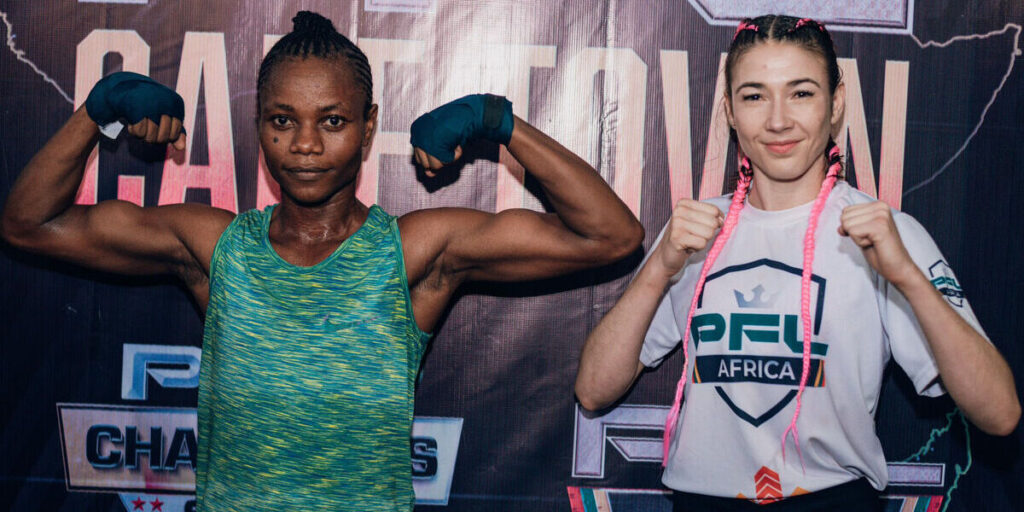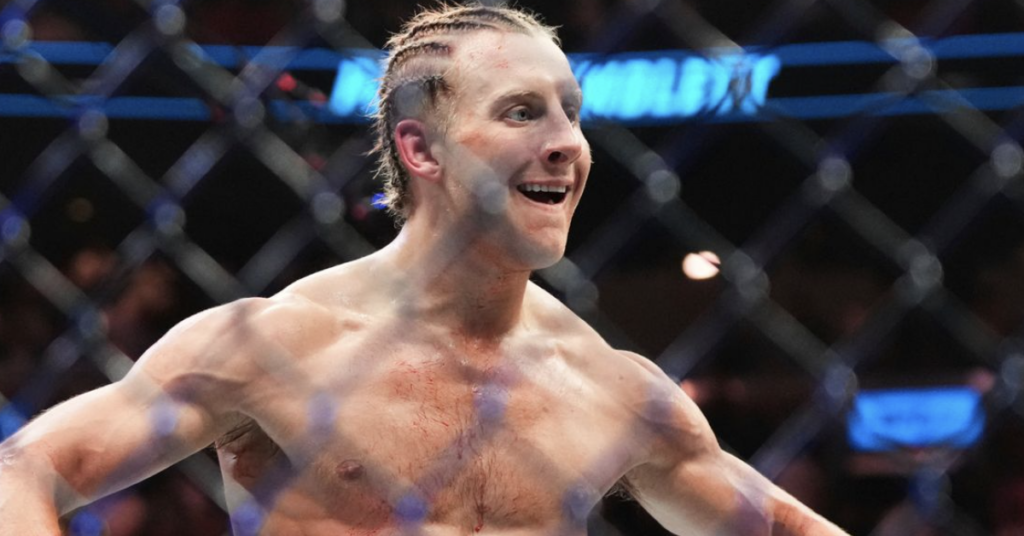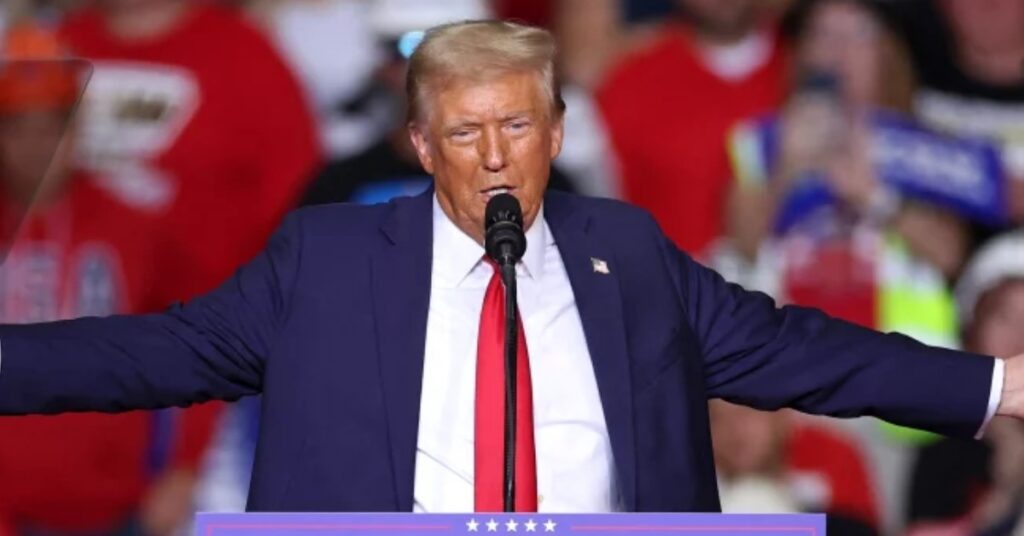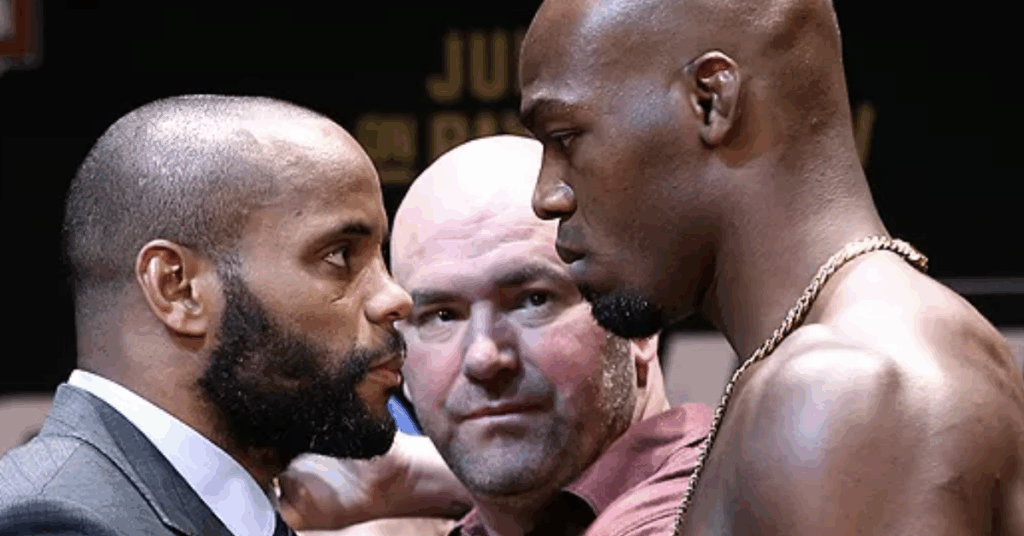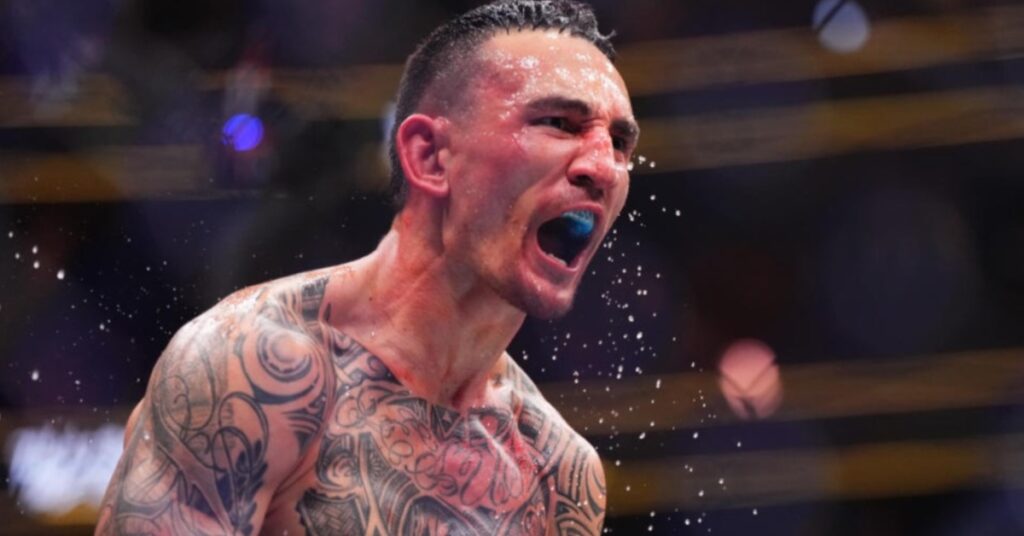Breaking Point: Why Donald Cerrone Was Right About Fighter Pay
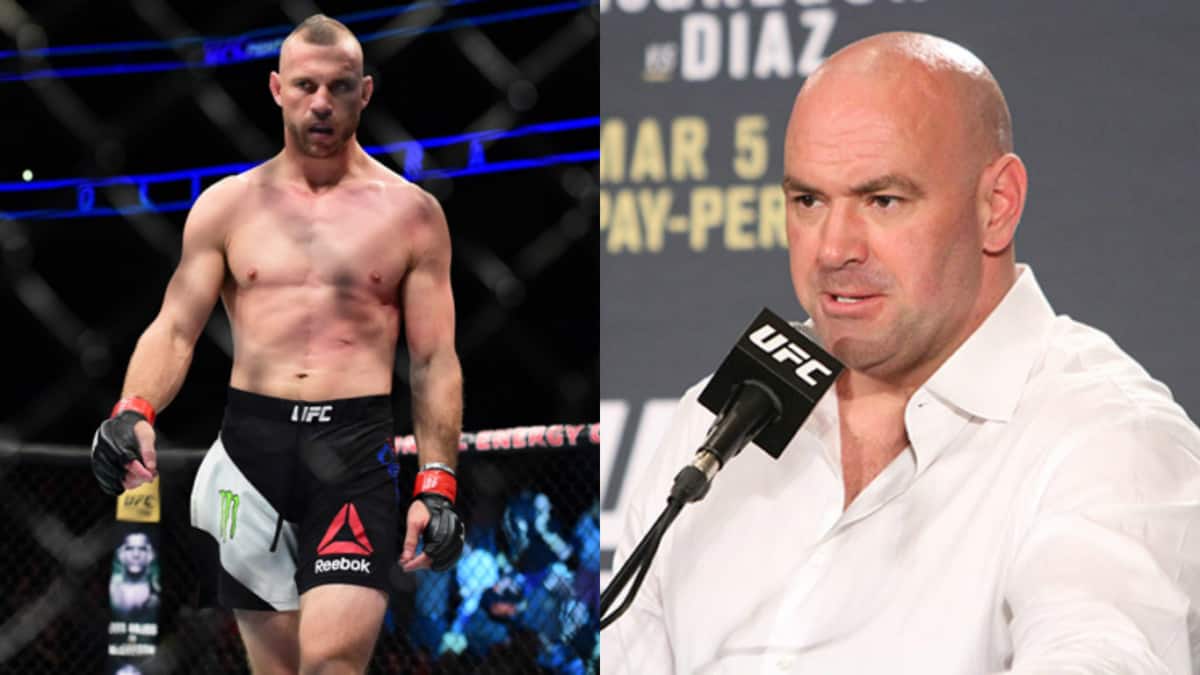
Fan favorite MMA fighter Donald Cerrone recently co-headlined June’s UFC Fight Night 89 and put on perhaps the best performance of his 10-year MMA career when he stopped notoriously durable Patrick Cote with strikes in the third round of their welterweight affair.
After a bout of wildly inconsistent results against the absolute elite of the 155-pound division, he looked every bit a potential world champion, and affirmed his possible status as a serious threat to both the 155 or 170-pound titles.
In the post-fight press conference, Cerrone was asked what he meant to the company.
His response, like his octagon performance, pulled no punches:
“According to my pay check, I don’t mean shit”.
Cerrone isn’t the only athlete to express discontent with the UFC brass for their remuneration. Fighters both past and present have spoken candidly about the ubiquitous lack of financial security that overshadows a career in MMA’s premier promotion.
And to be frank, in 2016 with UFC profits at an all-time high and the company recently having been sold for a record-setting $4 billion, it’s indefensible.
The line that the UFC is sticking to is that all fighters want to make “millions,” but to get there, they have to win consistently, fight in a fan-friendly style, and promote themselves to a wider audience in the media.
However, this defense critically ignores the fact that the majority of complaints from fighters aren’t that they’re not millionaires – it’s that they’re unable to make a living wage.
This is a reality made painfully clear by former top-10 lightweight Myles Jury, who broke down his training expenses such as gym fees, management, taxes, medicals, coaching, and miscellaneous expenses last October to show that, even with a victory, he was barely making $6,000 a fight.
More recently, No. 7-ranked strawweight Joanne Calderwood stated that she was “broke as hell” after her breakout performance against former title contender Valerie Letourneau, and would have to go back to her job so that she could save enough money just to continue training.
Amongst the relatively unknown contenders crying out for better pay are higher-profile fighters like current UFC heavyweight champ Stipe Miocic, who still works as a full-time firefighter; former heavyweight champ Shane Carwin, who worked full-time as an engineer when he was atop the heavyweight throne, and lightweight contender Nate Diaz, who – until beating the UFC’s poster boy Conor McGregor – was earning a maximum of ,000 a fight ( only ,000 if he lost).
When you account for the detrimental effects of the Reebok deal, which robbed fighters of their ability to accrue sponsorship income and promote their own personal brand to external stakeholders (they get a ludicrously small Reebok stipend as compensation), the fact that fighters are contractually restricted from fighting and earning money in other promotions; and that, fighters are still classified as “independent contractors” instead of employees, thereby depriving them of benefits they would otherwise entitle to (like pensions), it’s simply absurd to act like the onus for meager fight purses is on the combatants themselves.
It also begs the question of whether a business model premised on minimizing fighter remuneration works to the detriment of the sport’s long-term growth.
Realistically, how many young men and women with a skillset conducive to professional combat are likely to take that risk when the median payout for the top MMA promotion in the world is a laughable $24,500 a fight? How many young athletes with the potential to be world-beaters have opted to pursue other professional sports – like basketball or football – simply because the conditions are so much more favorable and the risks much more manageable?
![Breaking Point: Why Donald Cerrone Was Right About Fighter Pay 2 donald-cerrone-ufc-fight-night-83-3[1]](https://www.lowkickmma.com/wp-content/uploads/2016/07/donald-cerrone-ufc-fight-night-83-31.jpg)
Further, the fact that the UFC promises that those who “win them all” can set themselves apart from the average earner is hardly a justification for the UFC pay structure.
The inherent volatility of MMA as a sport – five champions were dethroned by significant underdogs in the last ten weeks alone– dictates that few fighters can sustain a winning streak after breaking into the world ranking. Moreover, it is precisely the highly competitive “anything can happen” nature of the sport that makes it so attractive to its fans.
And then there’s the politics that goes behind making big-money match ups, like title fights, where athletic merit very frequently comes second to courting mainstream attention (I discussed about that here).
Case in point is the UFC’s announcement this week that Dan Henderson, the No. 13-ranked middleweight who has gone a paltry 3-6 in his last nine fights, will fight newly minted champion Michael Bisping for the belt later this year. Passing over better and more deserving contenders – like Ronald “Jacare” Souza (No. 3) and Robert Whittaker (No. 6) – is one thing, but when your only defense for underpaying your fighters is that they need to win more fights, and win “big” fights, you don’t have a leg to stand on.
In 2016, the conversation about fighter pay is more important than ever. The UFC just sold for $4 billion dollars and has a very diversified revenue stream consisting of subscription-based streaming service “Fight Pass,” an immensely popular video game series with EA Sports, their television deal with FOX Sports, and pay-per-view events that set fans back fans $60 apiece to watch the most high-profile fights.
These wouldn’t be possible without legions of men and women willing to put their bodies on the line, and it’s about time that we, as fans and commentators on the sport, recognized that all of them – not just the McGregors and the Rouseys – deserve a bigger slice of pie.
With legislation that would extend the Ali Act – which would require MMA promotions to disclose their revenue in contract negotiations and regulate title fights based on an objective ranking system – soon to be introduced into Congress, and Mark Hunt recently making an impassioned plea for a fighters union, it’s also a time where our opinion, and that of the mainstream media, matters most.
Because right now, it’s just not good enough.
Right now, it’s hard to argue with Cerrone’s assessment.

